Alcoholism can affect anyone, even family members. Even though no one would like to believe their son is an alcoholic, it is important to realize that addiction isn’t a moral failing – it’s a mental illness and should be treated with compassion. Statistically, men are more likely to suffer from alcoholism than women, so it’s common for teenagers to fall into this category Knowing how to identify whether your son is an alcoholic and get him the help he needs is important.
How to Help an Alcoholic Son?
As parents, witnessing your son struggle with alcoholism can be an emotional rollercoaster. You may experience a range of feelings, from guilt and worry to frustration and helplessness. However, there are proactive steps you can take to support your son on his journey to recovery while also taking care of yourself.

1. Acknowledge the Issue:
As parents, it’s essential to acknowledge the reality of your son’s alcoholism openly and honestly. Avoid denial and recognize that alcoholism is a serious illness requiring professional help and support. By facing the problem head-on, you can begin to explore solutions and avenues for treatment.
2. Express Your Concerns:
Initiating a conversation with your son about his drinking habits is crucial. Express your concerns with empathy and understanding, emphasizing your love and worry for his well-being. Encourage him to seek help and offer your unwavering support throughout his recovery journey.
3. Seek Professional Help:
As parents, you can step up and look for programs that fit your son’s needs. Gathering names and locations of treatment centers and specialists, determining what options they offer, and how long the programs last can take a huge burden off your son. Encourage him to seek professional help from therapists, counselors, or addiction specialists who can provide the necessary support and guidance.
4. Set Boundaries:
While offering support to your son, it’s vital to establish clear boundaries to protect yourself from the negative impacts of his alcoholism. Set guidelines regarding behavior and enforce consequences for violations, such as not tolerating drinking in your home or enabling destructive behaviors.
5. Encourage Healthy Coping Mechanisms:
Support your son in exploring healthier coping mechanisms to manage stress and emotions without resorting to alcohol. Encourage him to engage in hobbies, exercise, mindfulness practices, or seek support from sober friends and family members.
6. Practice Self-Care
Taking care of yourself is paramount when dealing with an alcoholic son. Make time for self-care activities that help you manage stress and maintain your well-being. Prioritize your own needs to be a better source of support for your son.
Call Design for Recovery to Begin Your Healing Journey!
Reach out to our team to discuss sober living options and next steps toward a healthier routine.
How to Identify Alcoholism in Your Son
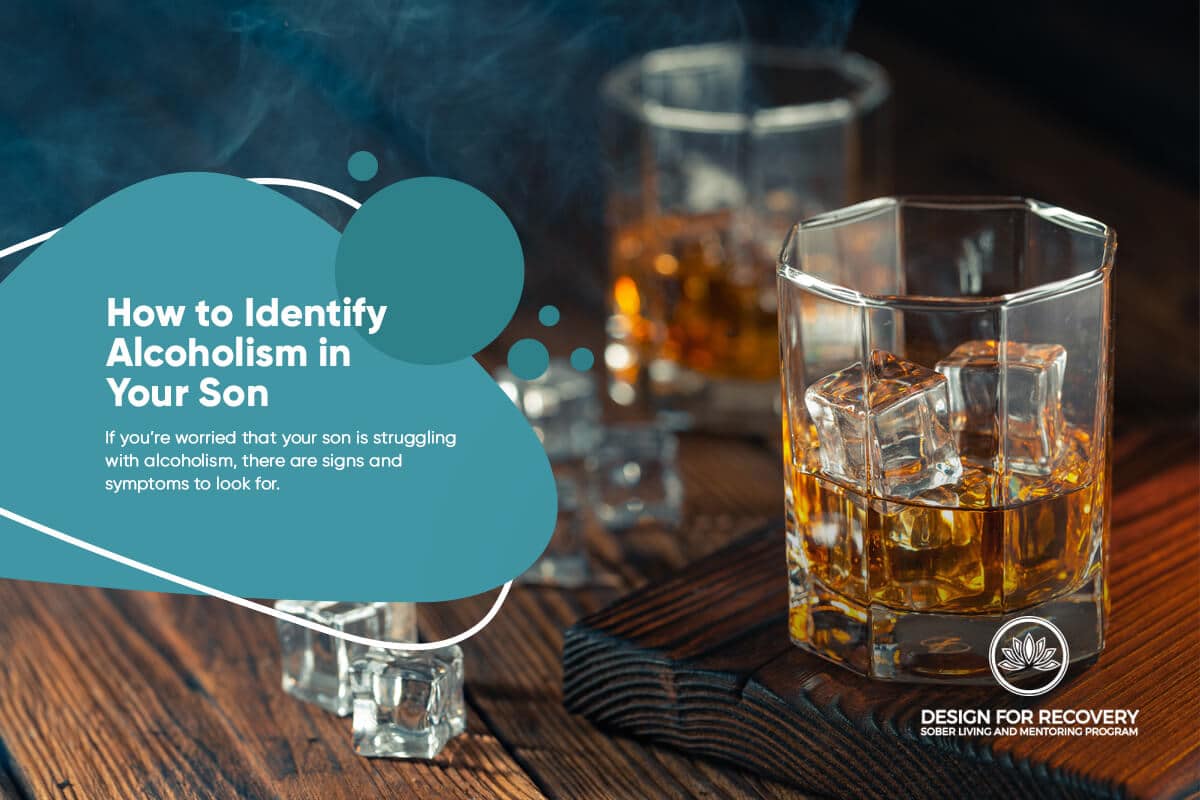
If you’re worried that your son is struggling with alcoholism, there are signs and symptoms to look for. Below are some of the common ones:
- Unexplained mood swings and changes in behavior
- Increasingly poor performance at work or school
- Neglecting important social obligations
- Abusing alcohol regardless of the consequences
- Engaging in risky behaviors under the influence
- Neglecting personal hygiene and appearance
- Feeling the need to drink every day or multiple times a day
If you suspect your son suffers from alcoholism, don’t wait to get him help. Alcoholism can be treated with professional care and support. There are also support groups for family members of people with alcohol addiction. These groups provide a safe space to discuss your worries and concerns and guide you on best supporting your son. This will also help him cope with the alcohol withdrawal symptoms once he begins to seek treatment.
Remember: You are not alone in this struggle. With the right help and support, your son can overcome his addiction and lead a healthy, productive life.
Understanding Why Your Son Might be Developing an Alcohol Addiction
Alcohol addiction can develop for various reasons. Some people use alcohol to cope with stress, anxiety, or depression, while others may start drinking to fit in with the crowd or escape difficult situations. You need to understand why your son is turning to alcohol so that you can provide him with the best possible help and support.
Talking to your son about his drinking habits can also be helpful. Ask him open-ended questions like “What do you think could help you cut back on your drinking?” or “What are your thoughts on why you started drinking in the first place?” Listen without judgment and try to understand why he’s struggling. This can provide valuable insights into his mindset and help you create a plan to help him get on the right track. As parents of a potentially alcoholic son, there are some do’s and don’ts that you need to be aware of.
The Three Important Steps
To help your son in the long run, you need to follow these three important steps:
Step 1: Prevent Denial

Alcoholism is a disorder that affects the entire family, and it can be difficult for parents to recognize their child has an issue. As such, it’s important to confront the situation head-on with support from friends and family. Be mindful that your son may not immediately recognize his problem. This can lead to mental health issues in an alcoholic child.
To prevent a denial, keep an eye out for signs of alcoholism, such as a sudden drop in grades, changes in attitude, and alcohol-related accidents. If you spot any of these red flags, have a direct conversation with your son about his drinking habits.
Also, talk to him and try and help him realize the consequences of drinking too much. Inform him about the health risks associated with alcohol consumption, and encourage him to join a support group or to participate in activities that don’t revolve around alcohol.
Step 2: Don’t be an Enabler

It’s important to remember that, as a parent, it’s not your job to save your son from his addiction. It can be tempting to try and ‘fix’ the situation for him or cover up any problems he has had due to drinking, but this will ultimately do more harm than good.
Your son needs to be responsible for his recovery, and the best way to help him is by being a source of support and love without enabling him or giving in to any demands he may make when under the influence. Don’t give your son money for alcohol or turn a blind eye when he comes home late from a night out.
Step 3: Seek Professional Help
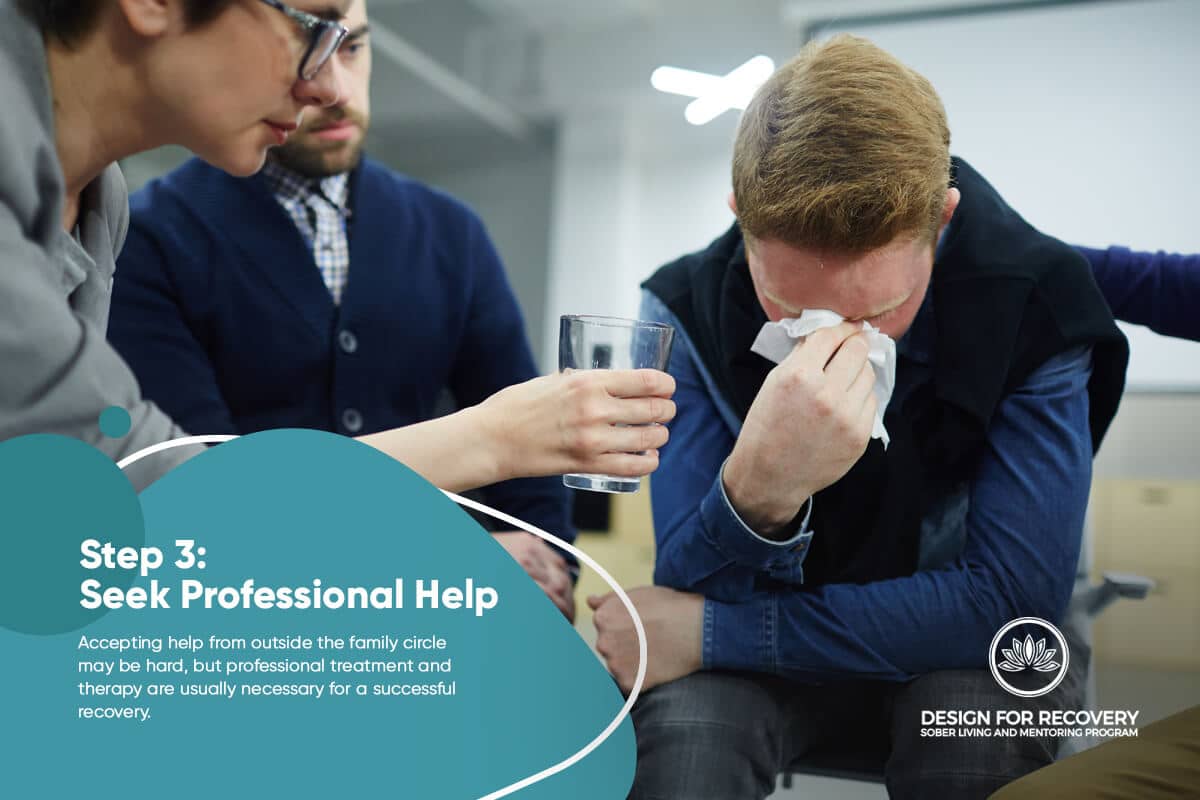
While your support system is important for recovery, it’s important to remember that you can’t do this alone. Accepting help from outside the family circle may be hard, but professional treatment and therapy are usually necessary for a successful recovery.
Many different types of therapy and treatment options are available for alcohol addiction treatment, so it’s essential to research the best course of action for your son. This might include individual counseling sessions, alcohol addiction programs, or group therapy.
As a parent, it’s also important for you to take care of yourself during this process. Seek outside help or support from friends and family to maintain your emotional well-being. This will ultimately help in the recovery process of your son.
How to Talk to Your Son about Drinking Responsibly
Talking to your teenage son about drinking too much or the importance of moderation can be a delicate but crucial conversation. As a parent, it’s essential to approach this topic with honesty, empathy, and a focus on safety. Here are some strategies to help guide this conversation:
1. Open Communication:
Start by creating an open and non-judgmental space where your son feels comfortable discussing his thoughts and experiences with alcohol. Let him know that you’re here to listen and support him without jumping to conclusions or imposing strict rules.
2. Educate About Risks:
Provide factual information about the risks associated with excessive drinking, such as alcohol poisoning, impaired judgment leading to accidents or risky behavior, and long-term health consequences. Share real-life examples or statistics to illustrate the potential dangers.
Contact Design for Recovery Today!
Fill out our quick form to connect with a peer mentor and learn how our sober living community supports accountability, structure, and personal growth in recovery.
3. Discuss Family History:
If there’s a family history of alcoholism or substance abuse, be transparent about it. Explain the genetic predisposition to addiction and how it can increase the risk for your son. Encourage him to be mindful of his alcohol consumption and to prioritize his health and well-being.
4. Set Clear Expectations:
Communicate your expectations regarding alcohol use and behavior. Emphasize the importance of drinking responsibly, knowing his limits, and never drinking and driving. Establish rules about underage drinking and the consequences of breaking them while also emphasizing safety and responsible decision-making.
6. Explore Alternatives:
Encourage your son to explore alternative ways to have fun and socialize without relying on alcohol. Suggest engaging in sports, hobbies, volunteering, or spending time with friends who share similar values. Help him understand that there are plenty of enjoyable activities that don’t involve drinking.
7. Be a Role Model:
Lead by example by demonstrating responsible drinking habits yourself, if applicable. Show your son that moderation is key and that you prioritize safety and well-being when it comes to alcohol consumption. Avoid glorifying or glamorizing alcohol and instead focus on healthy coping mechanisms and positive behaviors.
8. Encourage Openness:
Let your son know that he can always come to you with any questions, concerns, or issues related to alcohol or peer pressure. Encourage open dialogue and reassure him that you’re there to offer guidance, support, and assistance whenever he needs it.
Other Ways to Help
In seeking professional treatment and therapy, there are many other ways to support and encourage your son during his recovery.
Encourage him to maintain a healthy lifestyle by eating nutritious meals, exercising regularly, meditating or practicing mindfulness, and getting plenty of sleep. Make sure he has a good support network of non-judgmental friends and family who can offer guidance or a listening ear when needed.
You can also help him develop new hobbies or interests that don’t involve alcohol. This could include playing a sport, learning an instrument, taking a cooking class, or anything else he might be interested in.
Above all, your unconditional love and support are essential for his recovery. Show him that you’re there to listen and offer guidance when needed, but remind him that it’s ultimately up to him to make the necessary changes he needs to lead a healthier lifestyle.
Treatment Options for Your Son’s Alcoholism
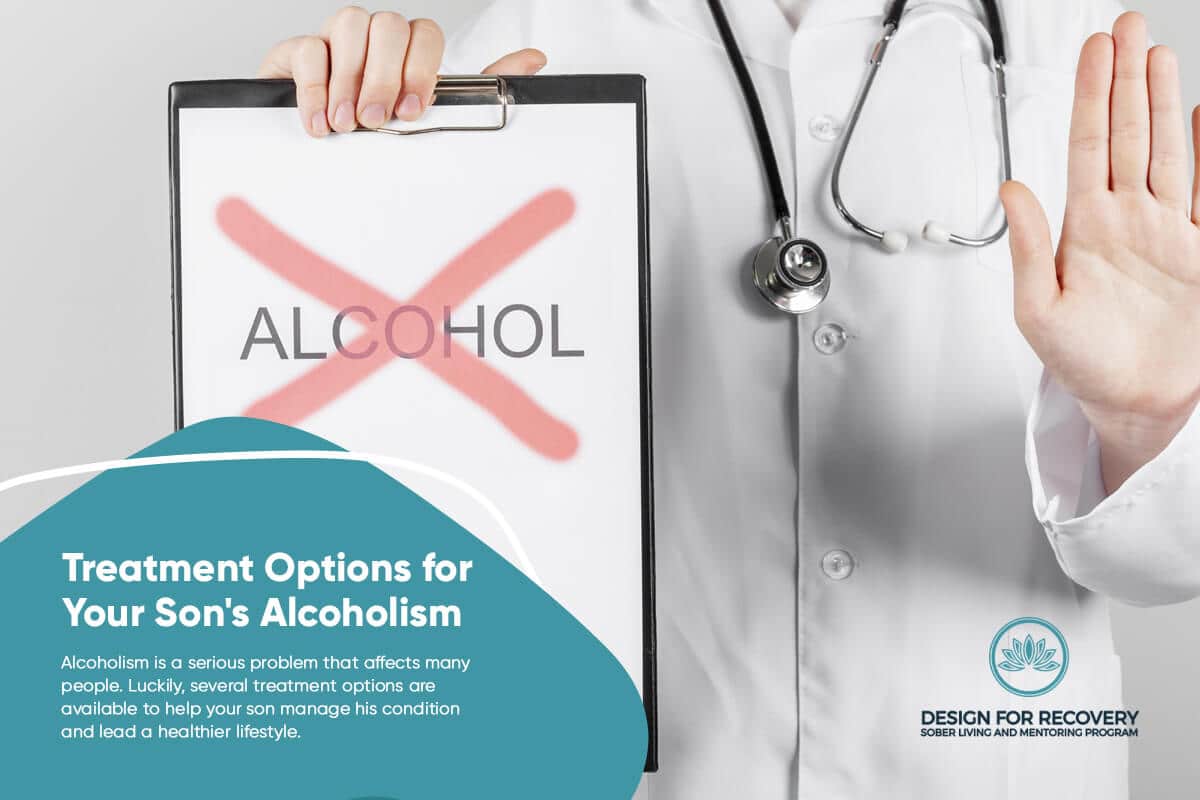
Alcoholism is a serious problem that affects many people. Luckily, several treatment options are available to help your son manage his condition and lead a healthier lifestyle.
The first step to treating your son’s alcoholism is for him to recognize he has an issue and be willing to seek help. This can be difficult, but with your support and encouragement, he can be successful.
The next step is to find a treatment plan that works for him. This could include education on the risks of alcohol abuse and medical treatment such as medication or therapy. Your son may need a combination of these methods to manage his alcohol abuse successfully.
Here are some of the most common treatment plans:
Behavioral therapy:
This therapy helps your son identify and change unhealthy behaviors that may contribute to his alcohol abuse. The therapist will work with him on goal setting, problem-solving, and building coping skills.
Group counseling:
Group counseling is another form of therapy in which individuals can talk about their struggles with alcoholism in a nonjudgmental setting. This can help support and cultivate a sense of accountability and structure for your son.
Twelve-step programs:
These programs are based on the principles of Alcoholics Anonymous and involve attending meetings, having an active sponsor, and engaging in activities that promote sobriety.
Medical treatment:
Your son may need medication or other forms of medical treatment to help him manage his alcohol abuse. This could include medications such as naltrexone, disulfiram, and acamprosate.
It’s important to remember that each person is different, and the best treatment plan for your son may not work for someone else. Finding a plan that works for your son and helps him manage his condition is essential.
What to Consider When Looking for a Treatment Center
When looking for a treatment center, it is important to consider the type of program and its approach. Here’s a breakdown of what you need to be on the lookout for:
Staff: Look for a treatment center with experienced and qualified staff dedicated to helping your son recover.
Time commitment: Consider how much time and dedication your son is willing to commit to his recovery process. Some programs may require longer stays than others.
Setting: Explore different options when it comes to the location of the treatment program. For example, outpatient programs may offer more flexibility than inpatient programs.
Cost: Research different treatment centers to compare prices. Many insurance plans cover some or even all of the cost of treatment.
The Path to Recovery
Finding the right treatment center can be a daunting task, but it is worth taking the time to explore all of your options. Many recovery facilities are available that specialize in helping individuals with alcohol addiction.
Design for Recovery is a comprehensive program that includes therapy sessions, lifestyle workshops, and support groups. They also provide personalized programs tailored to meet each individual’s needs and ensure a successful recovery journey.
Design for Recovery is committed to helping individuals with alcohol addiction achieve lasting sobriety and lead healthier lives. Their team of dedicated professionals provides compassionate care and guidance to help your son on his journey toward sobriety.
Get in Touch With Us!
Your son can begin the recovery journey today by investing in quality treatment and support. With the right help, he can learn how to cope with his addiction and take control of his life. Together, you can ensure that your son has access to all the tools he needs to succeed on this path toward sobriety. Contact us today at (424) 242-1130 to learn more about our family-focused treatment process and resources
- How to Help an Alcoholic Son?
- 1. Acknowledge the Issue:
- 2. Express Your Concerns:
- 3. Seek Professional Help:
- 4. Set Boundaries:
- 5. Encourage Healthy Coping Mechanisms:
- 6. Practice Self-Care
- How to Identify Alcoholism in Your Son
- Understanding Why Your Son Might be Developing an Alcohol Addiction
- The Three Important Steps
- Step 1: Prevent Denial
- Step 2: Don’t be an Enabler
- Step 3: Seek Professional Help
- How to Talk to Your Son about Drinking Responsibly
- 1. Open Communication:
- 2. Educate About Risks:
- 3. Discuss Family History:
- 4. Set Clear Expectations:
- 5. Share Personal Experiences:
- 6. Explore Alternatives:
- 7. Be a Role Model:
- 8. Encourage Openness:
- Other Ways to Help
- Treatment Options for Your Son’s Alcoholism
- What to Consider When Looking for a Treatment Center
- The Path to Recovery
- Get in Touch With Us!
Begin Lasting Sobriety Now!
Frequently Asked Questions
The first step is recognition and willingness to seek help. Your son can take this important step in his recovery journey with your support and encouragement.
There are various treatment options available, including behavioral therapy, group counseling, twelve-step programs, and medical treatment. Finding a plan that works for your son and helps him manage his condition is important.
When looking for a treatment center, consider the staff, time commitment, setting, and cost. Finding a facility with experienced and qualified staff dedicated to helping your son recover is important.
Yes, there are many support services available after initial recovery. Design for Recovery is one such facility that specializes in providing rehab services and helping people stay on the path to sobriety. They offer a comprehensive program that includes therapy sessions, lifestyle workshops, and support groups.
Alcoholism can bring out the worst in people, and although there is no guarantee that it will throw your son into a life of crime, it certainly does influence it. Your son may start hanging around the wrong kind of people, turn to small crimes to come up with alcohol money, or even do something serious in a drunken state. This is why it‘s important to get help.
You can be your son’s support system and provide him with love and encouragement as he begins his journey toward recovery. Additionally, you can research treatment options available in your area and find a plan that works for him. Finally, you can look into support services such as Design for Recovery that offer comprehensive programs to help individuals stay on the path to sobriety.
Substance Abuse and Mental Health Services Administration. (2020). Substance use disorder treatment and family therapy. Treatment improvement protocol (TIP) series, no. 39. SAMHSA publication no. Pep20-02-02-012. Rockville, MD: Substance Abuse and Mental Health Services Administration
McCrady, B. S., & Flanagan, J. C. (2021). The Role of the Family in Alcohol Use Disorder Recovery for Adults. Alcohol research: current reviews, 41(1), 06. https://doi.org/10.35946/arcr.v41.1.06 Adger, H., Jr, & Saha, S. (2013). Alcohol use disorders in adolescents. Pediatrics in Review, 34(3), 103–114. https://doi.org/10.1542/pir.34-3-103 Martin, C. S., & Winters, K. C. (1998). Diagnosis and assessment of alcohol use disorders among adolescents. Alcohol health and research world, 22(2), 95–105.




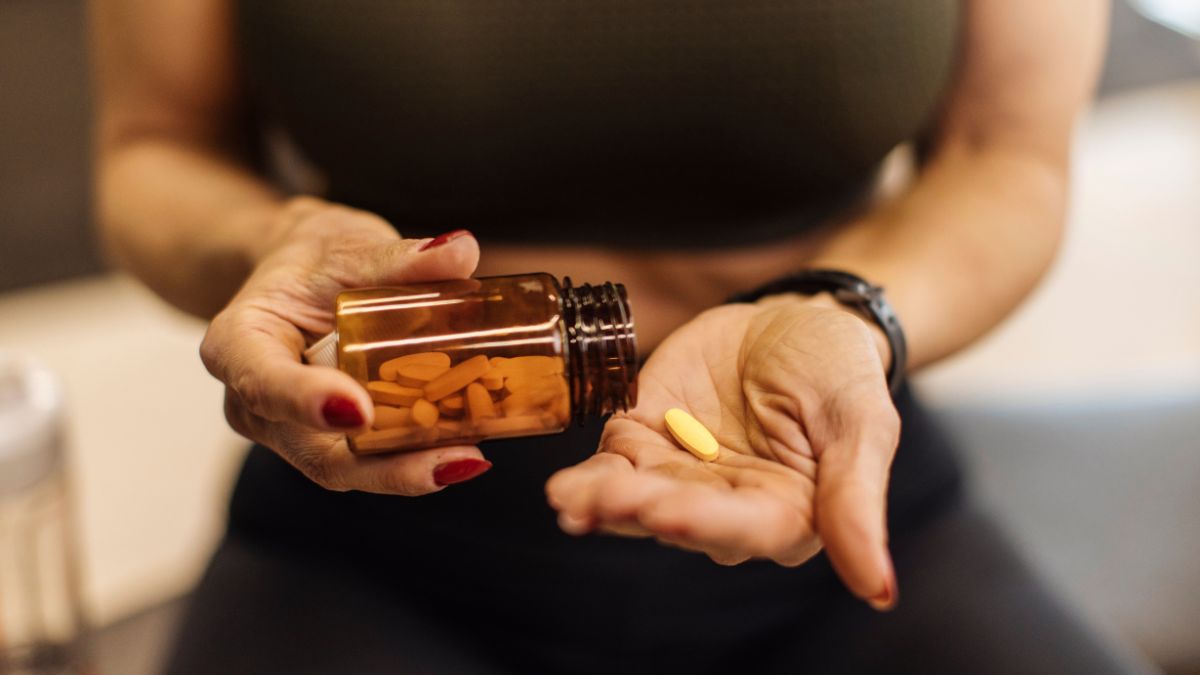
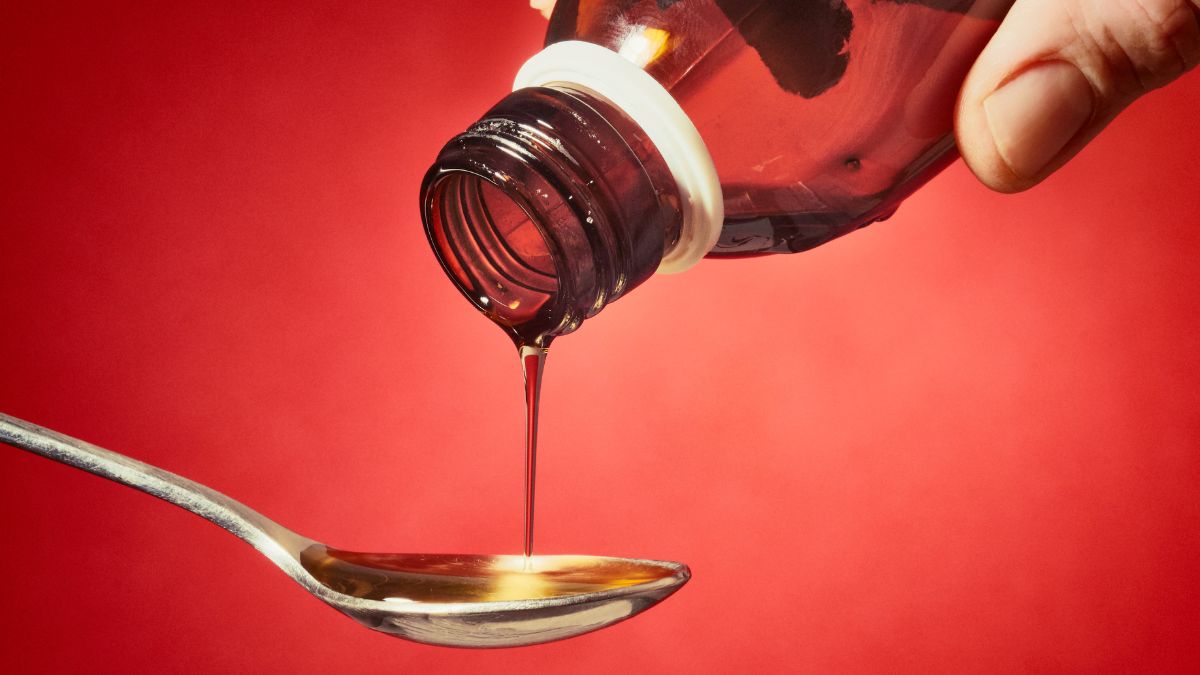
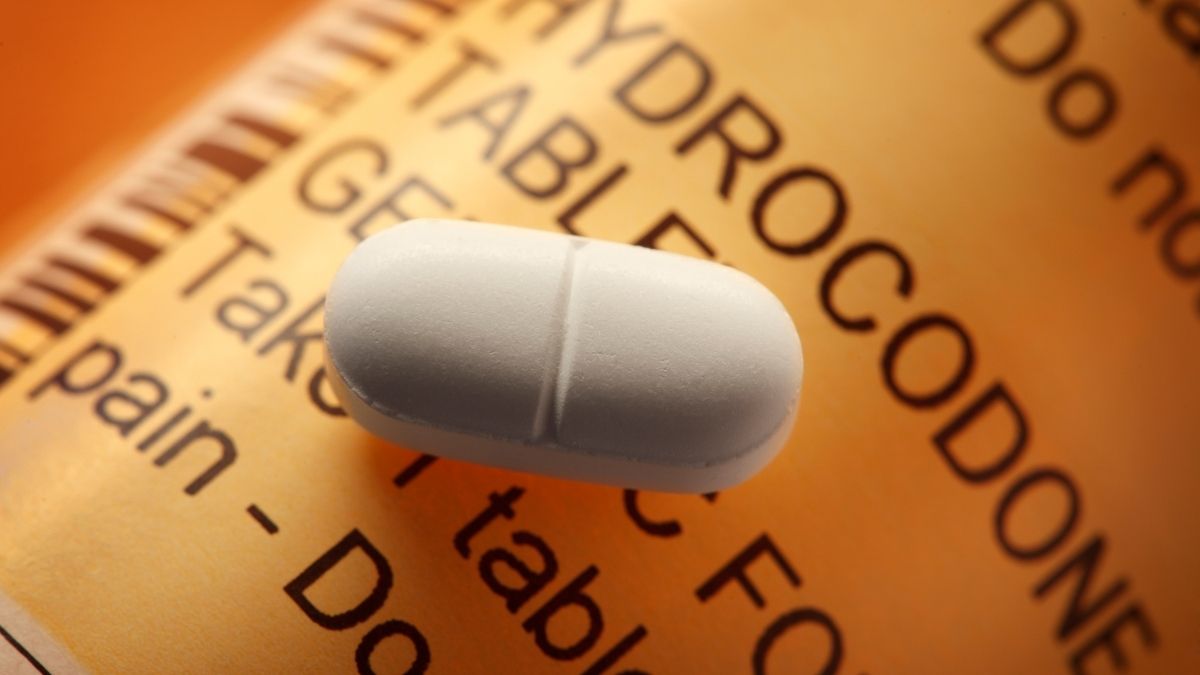
Written By
David Beasley